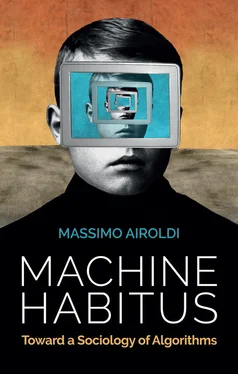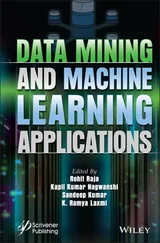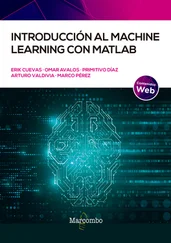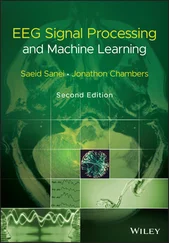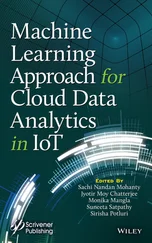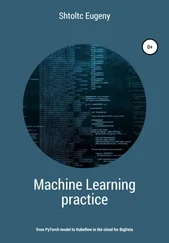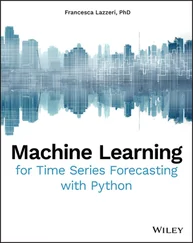According to ANT scholar John Law (1990: 8), a divide characterized sociological research at the beginning of the 1990s. On the one hand, the majority of researchers were concerned with ‘the social’, and thus studying canonical topics such as inequalities, culture and power by focusing exclusively on people. On the other hand, a minority of sociologists were studying the ‘merely technical’ level of machines, in fields like STS or ANT. They examined the micro-relations between scientists and laboratory equipment (Latour and Woolgar 1986), or the techno-social making of aeroplanes and gyroscopes (MacKenzie 1996), without taking part to the ‘old’ sociological debates about social structures and political struggles (MacKenzie and Wajcman 1999: 19). It can be argued that the divide described by Law still persists today in sociology, although it has become evident that ‘the social order is not a social order at all. Rather it is a sociotechnical order . What appears to be social is partly technical. What we usually call technical is partly social’ (Law 1990: 10).
With the recent emergence of a multidisciplinary scholarship on the biases and discriminations of algorithmic systems, the interplay between ‘the social’ and ‘the technical’ has become more visible than in the past. One example is the recent book by the information science scholar Safiya Umoja Noble, Algorithms of Oppression (2018), which illustrates how Google Search results tend to reproduce racial and gender stereotypes. Far from being ‘merely technical’ and, therefore, allegedly neutral, the unstable socio-technical arrangement of algorithmic systems, web content, content providers and crowds of googling users on the platform contributes to the discriminatory social representations of African Americans. According to Noble, more than neutrally mirroring the unequal culture of the United States as a historically divided country, the (socio-)technical arrangement of Google Search amplifies and reifies the commodification of black women’s bodies.
I believe that it should be sociology’s job to explain and theorize why and under what circumstances algorithmic systems may behave this way. The theoretical toolkit of ethology mobilized by Rahwan and colleagues (2019) in a recent Nature article is probably not up to this aim, for a quite simple reason: machine learning tools are eminently social animals. They learn from the social – datafied, quantified and transformed into computationally processable information – and then they manipulate it, by drawing probabilistic relations among people, objects and information. While Rahwan et al. are right in putting forward the ‘scientific study of intelligent machines, not as engineering artefacts, but as a class of actors with particular behavioural patterns and ecology’ (2019: 477), their analytical framework focuses on ‘evolutionary’ and ‘environmental’ dimensions only, downplaying the cornerstone of anthropological and sociological explanations, that is, culture. Here I argue that, in order to understand the causes and implications of algorithmic behaviour, it is necessary to first comprehend how culture enters the code of algorithmic systems, and how it is shaped by algorithms in turn.
Two major technological and social transformations that have taken place over the past decade make the need for a sociology of algorithms particularly pressing. A first, quantitative shift has resulted from the unprecedented penetration of digital technologies into the lives and routines of people and organizations. The rapid diffusion of smartphones since the beginning of the 2010s has literally put powerful computers in the hands of billions of individuals throughout the world, including in its poorest and most isolated regions (IWS 2020). Today’s global economic system relies on algorithms, data and networked infrastructures to the point that fibre Internet connections are no longer fast enough for automated financial transactions, leading to faster microwave or laser-based communication systems being installed on rooftops near New York’s trading centres in order to speed up algorithmic exchanges (D. MacKenzie 2018). Following the physical distancing norms imposed worldwide during the Covid-19 pandemic, the human reliance on digital technologies for work, leisure and interpersonal communication appears to have increased even further. Most of the world’s population now participates in what can be alternatively labelled ‘platform society’ (van Dijck, Poell and de Waal 2018), ‘metadata society’ (Pasquinelli 2018) or ‘surveillance capitalism’ (Zuboff 2019), that is, socio-economic systems heavily dependent on the massive extraction and predictive analysis of data. There have never been so many machines so deeply embedded in the heterogeneous bundle of culture, relations, institutions and practices that sociologists call ‘society’.
A second, qualitative shift concerns the types of machines and AI technologies embedded in our digital society. The development and industrial implementation of machine learning algorithms that ‘enable computers to learn from experience’ have marked an important turning point. ‘Experience’, in this context, is essentially ‘a dataset of historic events’, and ‘learning’ means ‘identifying and extracting useful patterns from a dataset’ (Kelleher 2019: 253).
In 1989, Lenat noted in the pages of the journal Machine Learning that ‘human-scale learning demands a human-scale amount of knowledge’ (1989: 255), which was not yet available to AI researchers at the time. An impressive advancement of machine learning methods occurred two decades later, thanks to a ‘fundamental socio-technological transformation of the relationship between humans and machines’, consisting in the capturing of human cognitive abilities through the digital accumulation of data (Mühlhoff 2020: 1868). This paradigmatic change has made the ubiquitous automation of social and cultural tasks suddenly possible on an unprecedented scale. What matters here sociologically is ‘not what happens in the machine’s artificial brain, but what the machine tells its users and the consequences of this’ (Esposito 2017: 250). According to Esposito, thanks to the novel cultural and communicative capabilities developed by ‘parasitically’ taking advantage of human-generated online data, algorithms have substantially turned into ‘social agents’.
Recent accomplishments in AI research – such as AlphaGo, the deep learning system that achieved a historic win against the world champion of the board game Go in 2016 (Chen 2016; Broussard 2018), or GPT-3, a powerful algorithmic model released in 2020, capable of autonomously writing poems, computer code and even philosophical texts (Weinberg 2020; Askell 2020) – indicate that the ongoing shift toward the increasingly active and autonomous participation of algorithmic systems in the social world is likely to continue into the near future. But let’s have a look at the past first.
Algorithms and their applications, from Euclid to AlphaGo
The term ‘algorithm’ is believed to derive from the French bastardization of the name of the ninth-century Persian mathematician al-Khwārizmī, the author of the oldest known work of algebra. Being originally employed in medieval Western Europe to indicate the novel calculation methods alternative to those based on Roman numerals, in more recent times the term has come to mean ‘any process of systematic calculation […] that could be carried out automatically’ (Chabert 1999: 2). As Chabert remarks in his book A History of the Algorithm : ‘algorithms have been around since the beginning of time and existed well before a special word had been coined to describe them’ (1999: 1). Euclid’s algorithm for determining the greatest common divisor of two integers, known since the fourth century BCE, is one of the earliest examples.
Читать дальше
